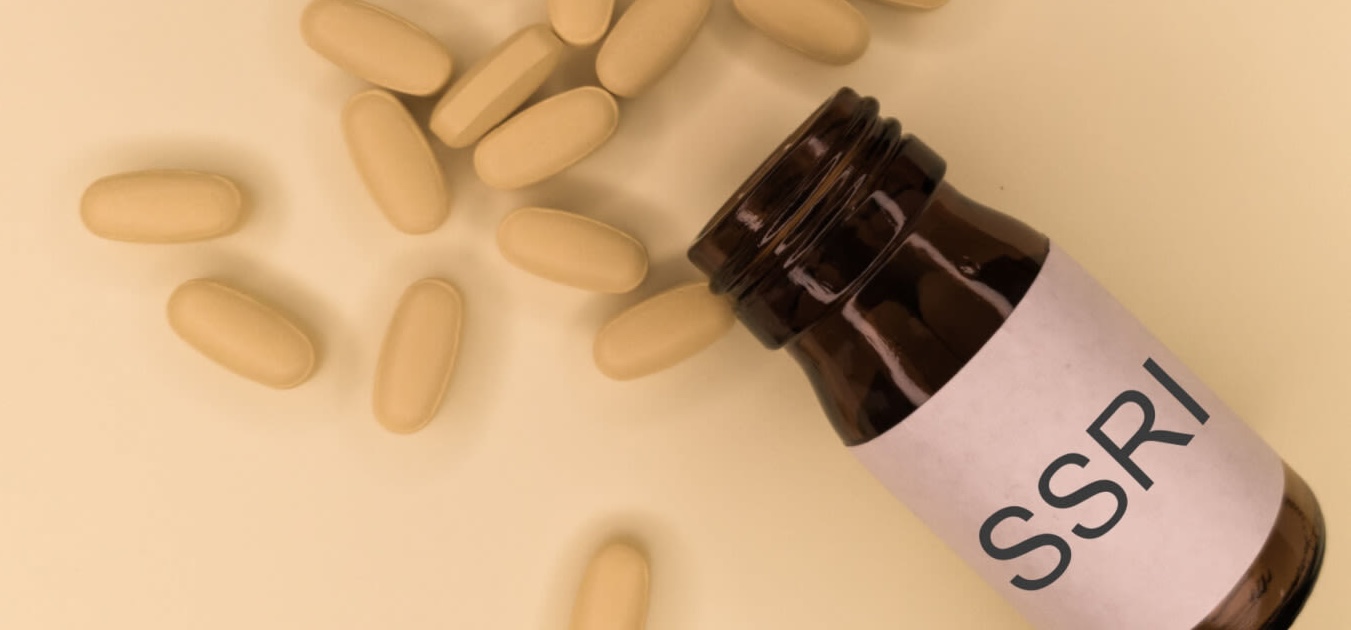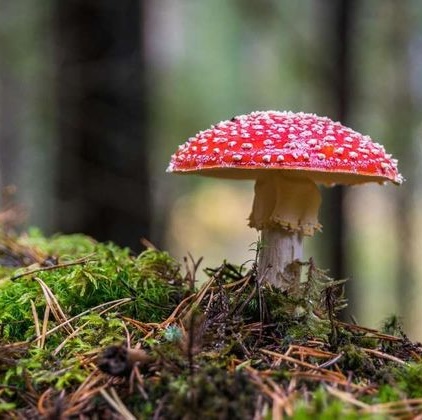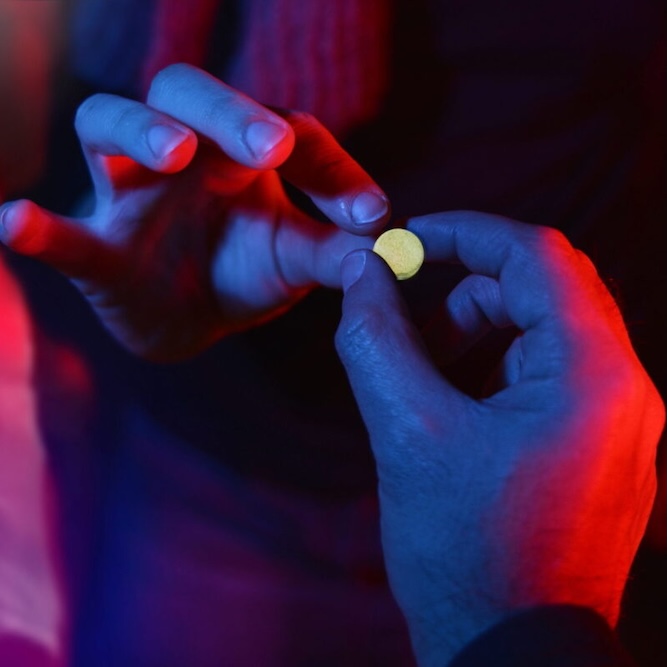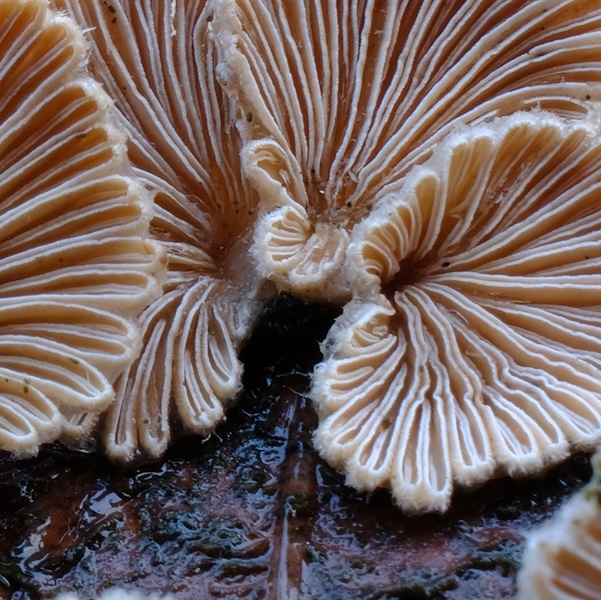Welcome to today’s deep dive on psilocybin and selective serotonin reuptake inhibitors, or SSRIs, and the way each affects our brains, mental health, and emotional lives. With mental health struggles like depression affecting millions, the search for more effective treatments has brought psilocybin into the spotlight, with many claiming that it may outperform traditional medications. In today’s blog, we’ll look at what makes psilocybin different, how it compares with SSRIs, and why the field of psychedelic therapy is capturing so much attention from researchers, doctors, and people looking for real solutions.
A brief introduction to psilocybin and SSRIs

To understand the comparison, it helps to know what each of these substances is doing at the basic level. Psilocybin is the active compound in “magic mushrooms,” which the body converts to psilocin, a molecule that closely resembles serotonin, the neuromodulator responsible for many of our feelings of happiness, satiety, and even calmness. What’s remarkable about psilocybin is its ability to selectively bind to a specific type of serotonin receptor known as the serotonin 2A receptor, creating unique and highly targeted effects on mood and perception.
SSRIs, on the other hand, work in a very different way. The goal of these drugs—medications like Prozac and Zoloft—is to increase serotonin levels in the brain by blocking its reuptake, keeping serotonin circulating longer in the synapses. This results in a more generalized increase in serotonin transmission, which can help stabilize mood, particularly in people who suffer from depression or anxiety. However, as we’ll explore, this approach is not without its issues.
Why psilocybin and SSRIs are both so interesting in treating depression
Both psilocybin and SSRIs affect serotonin, but the outcomes are notably different, especially in their effectiveness and side-effect profiles. SSRIs are designed for long-term use, keeping serotonin levels elevated day after day. For many, this has been life-changing, providing relief from intense symptoms of depression or anxiety that might otherwise prevent them from functioning. However, the effects of SSRIs can vary significantly between individuals, and for some, they might not be effective at all. In recent years, studies have shown that SSRIs can come with side effects like weight gain, reduced libido, emotional numbing, and, in some cases, a decrease in overall motivation and pleasure.
In contrast, psilocybin’s effects don’t rely on a continuous daily dose but instead can be felt after just one or two sessions. This is due to psilocybin’s unique mechanism: rather than simply increasing serotonin transmission, it activates the serotonin 2A receptors intensely and selectively. This targeted activation leads to powerful shifts in mood and perception, and in clinical settings, it’s been linked to “resetting” brain function in ways that SSRIs generally don’t achieve.
Psilocybin’s unique ability to trigger adaptive neuroplasticity
So, what is it about psilocybin that gives it this almost “reset-like” effect on the brain? One of the critical factors here is neuroplasticity, or the brain’s ability to reorganize itself by forming new connections. During a psilocybin session, there’s an increase in connectivity between areas of the brain that don’t normally communicate so openly. Imagine a city where every neighborhood, every corner is talking to every other neighborhood all at once—this is psilocybin at work. It breaks down modularity, the typical isolation between brain regions, allowing new perspectives and ways of thinking to emerge.
SSRIs, in contrast, don’t offer this level of neuroplasticity. While they might stabilize serotonin levels and alleviate symptoms, they generally don’t stimulate the same adaptive rewiring of brain circuitry. This is partly why some researchers believe that psilocybin could have a more lasting impact on mental health than SSRIs. Instead of managing symptoms over time, it seems that psilocybin might create new pathways in the brain that allow individuals to understand, and even confront, the root of their mental health struggles.
A new approach to depression relief: beyond chemical balance
One reason why psilocybin is capturing so much attention is that it appears to address depression from a different angle. Depression has long been thought of as a “chemical imbalance,” with low serotonin levels considered one of the primary causes. SSRIs were designed with this in mind, and while they can be very effective, they don’t always work. New research is challenging the notion that serotonin deficiencies are the sole cause of depression, pointing instead to more complex, underlying patterns of negative thought, memory, and emotion.
Psilocybin, by activating the serotonin 2A receptor so selectively, seems to “open the gates” for a different type of brain activity. It’s as if it gives the brain a chance to re-evaluate old connections and narratives, almost like hitting a mental reset button. People who take psilocybin in controlled clinical settings often describe their experiences as a journey, with intense moments of insight, profound emotions, and sometimes even a feeling of “ego dissolution,” where they feel interconnected with the world around them. This can provide a powerful break from the patterns that hold depression in place, creating a space for new growth and positive mental change.

The role of set, setting, and support in psilocybin therapy
It’s important to note that the way psilocybin is used in therapeutic settings is very different from simply taking a pill. In clinical trials, the setting, the person’s mindset, and the presence of supportive guides are crucial components of the experience. This concept of “set and setting” has a profound effect on whether or not a psilocybin session leads to positive outcomes.
In an SSRI regimen, you might take a tablet each day, mostly independent of context or environment. But with psilocybin, research shows that the experience is deeply impacted by the therapeutic setting. During the session, many people are encouraged to wear eye masks and lie down while listening to carefully selected music. This setup helps guide the experience inward, reducing external distractions and focusing the mind on personal insights and emotions. For this reason, psilocybin therapy is more hands-on, requiring trained guides who can help individuals process their emotions both during and after the session.
Evidence for psilocybin’s effectiveness: outperforming SSRIs?
One of the biggest areas of interest is the evidence that psilocybin might actually outperform SSRIs in certain respects. In studies on depression, patients who participated in psilocybin therapy reported significant, sometimes immediate relief from depressive symptoms. Some studies even show that one or two sessions can provide relief from depression that lasts for months or longer. In contrast, SSRIs often require weeks to start working and don’t always yield lasting results after the medication is stopped. In one groundbreaking study, participants who underwent psilocybin therapy demonstrated not only reduced depressive symptoms but also reported more joy, less rumination, and more motivation to engage in daily life—effects that many did not achieve with SSRIs.
Moreover, while SSRIs aim to manage depressive symptoms by increasing serotonin in the brain in a broad, non-specific way, psilocybin’s targeted action on the serotonin 2A receptor seems to create more profound, lasting shifts. These changes are not just chemical; they’re rooted in the reorganization of neural connections, which may explain why the benefits can be so long-lasting.
The ongoing debate: SSRIs, psilocybin, or both?
It’s worth noting that while psilocybin is showing promise as a potential treatment for depression, it’s not for everyone. It is still illegal in many places, and there are risks involved, especially for people with a history of certain mental health conditions. For some, SSRIs remain a safe and effective option. However, as research progresses, many in the psychiatric community are starting to view psilocybin as an invaluable addition to the toolbox for treating mental health issues. Some experts even suggest that a combination approach, where psilocybin sessions are integrated with other forms of therapy or medication, may be a path forward for individuals who don’t respond to conventional treatments alone.
Final thoughts
In the comparison between SSRIs and psilocybin, it’s not necessarily about declaring a “winner.” Both have their place, and each works in a very different way. For individuals who haven’t found relief with traditional SSRIs, psilocybin represents an exciting new frontier. With its ability to stimulate deep neuroplasticity and foster powerful mental insights, psilocybin may offer a level of healing that SSRIs don’t typically achieve. But it’s essential to approach this with caution, considering the supportive framework needed and the potential for risks.
As research continues, we’re likely to see a broader acceptance of psychedelic therapy as an option alongside traditional treatments. In time, psilocybin might not just be a reset button for the brain—it may very well reshape our entire approach to treating depression, offering new hope to millions looking for a path forward.




